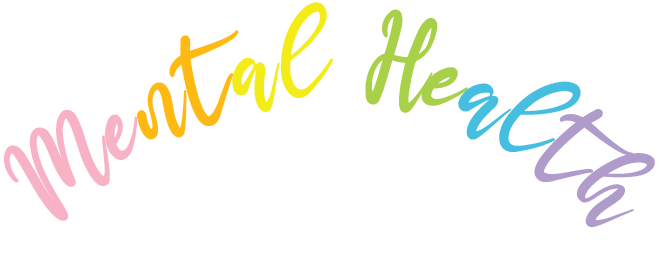Accepting My Diagnosis As My Disability
BY: KIANA BLAKE-CHUNG
When my therapist and I first started discussing the fact that we are both Christians, (imagine the Spider-Man pointing meme happening in her office) she started speaking to me more about the Bible and God’s role through my suffering. She asked me if I believe that mental illness is a demonic spirit. That’s something that I have been contemplating for a while and have struggled with the most, particularly after first being diagnosed. How could God have made this colossal mistake when creating me? This has caused me such intense agony the past three years. I was literally the pot saying to the Potter: “Why did You make me like this?“ “Thank You for the ‘gift of life’ I hate it.“ And yet, when she asked me this question, I very confidently told her ‘no.’
Let me be clear: I am fearfully and wonderfully made (Psalm 139:14, NIV)! By design. Physically AND mentally. God literally designed my brain to work exactly the way it does. ‘Mentally ill,’ ‘Bipolar’ and ‘Borderline’ are not arbitrary labels I have accepted; they’re not mindsets that I’ve adopted. Bipolar Disorder is a physical disability, comparable to dementia. Yes, it’s happening primarily in my mind but it’s very real. “The brain is an organ that can malfunction like any other.“ To say that mental illness is demonic is just Christians being lazy and okay with perpetuating stigma. There is nothing inherently bad about having Bipolar Disorder, or being diagnosed with any mental illness. To believe that mental illness stems from a demonic spirit is to believe that demonic forces have a hold of my mind, and that is something I refuse to believe because as a child of God, I have the mind of Christ. I carry a spirit of power, love and a sound mind (2 Timothy 1:7, NKJV).
However, I do believe that the spirit of suicide IS a demonic spirit that latches onto an already distressed mind. There is nothing good, Holy, or pure about the desire to end your life. Such thoughts, I can confidently say, are not my own even though they sound like my thoughts, even though they’ve been so intertwined with my psyche I’ve believed every word at times and tried to act upon them. The truth is, suicidal thoughts are NOT a natural byproduct of having any mental illness. There are people who are Bipolar who do not struggle with suicidal ideations, I just happen to be in the unfortunate percentage of those that do. And even in seasons when I am not struggling with suicidal thoughts, my brain is still Bipolar.
I used to think that mental illnesses did not count as a disability, despite being defined as such by the United States Government. I felt like a phony when I checked the disabled box when I started my job at Starbucks last February. But when I reflected on 2019 I realized how many shifts I missed due to my illness. I experienced major panic attacks and major depressive episodes that prevented me from leaving my house. There were times my struggle with suicidal ideation was so great I didn’t leave my bed for fear I’d hurt myself if I left my house to go anywhere. I experienced a hypomanic episode that convinced me to skip work in favor for going to the airport and buying a one way ticket to China. (I remembered my visa expired and went to Georgia for the weekend instead.) Furthermore, there was a time period where my psychiatrist was continually changing my medication which led to excessive dizziness and drowsiness that made me unable to get out of bed in time to be punctual for work.
I am so very thankful for my managers who have extended me so much grace, and showered me in love and understanding this past year when I was struggling the most. And my realization that there are people who do not ever experience the moments I described is what finally made me accept that the limitations on my mind to regulate my emotions and my mental wellbeing is a valid enough reason to qualify mental illness as a disability. And it’s taken three years to accept that these diagnoses were not a life sentence, but a tool to help me learn more about my brain and the way it works. And the more I learn, the more I realize that I can live an abundant life, despite my diagnoses.
Thank you to Candice Blake for editing. :)
If you find this post valuable and believe in the mission of Mental Health Tings and would like to partner with us financially, you can make a one time donation by buying me a coffee!
You can also make a recurring monthly donation by signing up for our Here for the Blog $10 a month Patreon Tier.
All donations go toward the subscription cost of maintaining the website as well as payment for the various guest bloggers.
Thank you!

